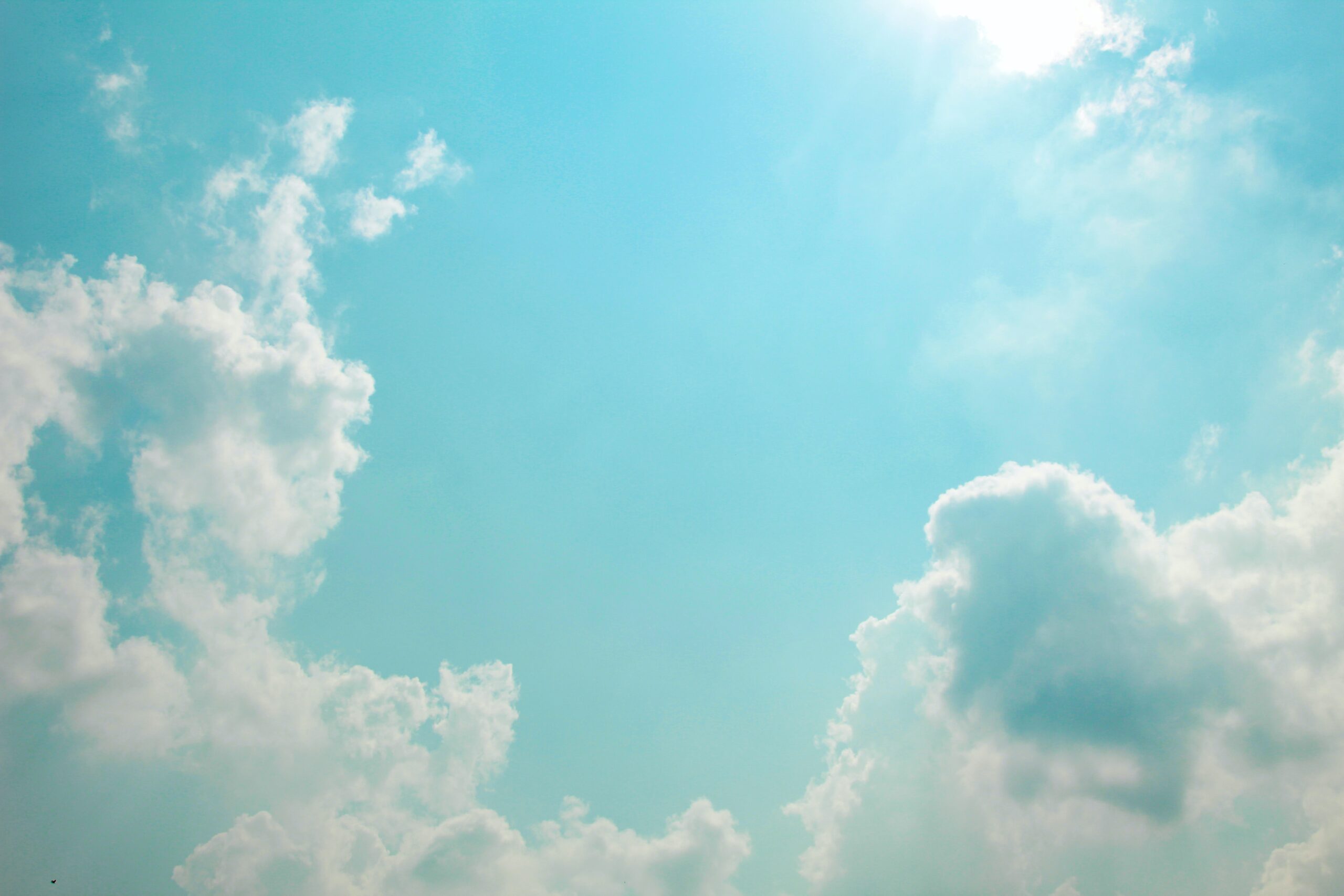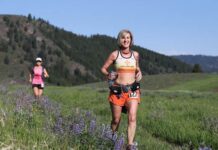
The eminently quotable investor Warren Buffett said,
“Someone’s sitting in the shade today because someone planted a tree a long time ago.”
Wise investors know that it takes time—often decades— to reap the full benefits of an investment strategy. However, when it comes to investing in ourselves, many of us bail. Maybe we feel guilty about spending the money and time on a personal vacation? Often it feels transgressive to say to family and co-workers, “I’m outta here!” Yet, investing in our physical and mental health is one of the best investments we can make because it offers a guaranteed return—not something the markets can promise.

Ayurvedic Pancha-Karma retreat has been on my bucket list for a long time. Ayurveda is the Indian system of medicine developed 5,000 years ago and Pancha Karma is one of its cornerstones. The original detox, it involves various types of massages and other treatments designed to eliminate toxins from the body. This leads to a stronger immune system, better overall health, and greater mental clarity with benefits that last a year or more. Annual visits are ideal to keep the benefits going.
I chose to visit Park Schloesschen, a beautiful 5-star property in Germany, that specializes in authentic Ayurvedic retreats.
My Retreat Diary
Where: Park Schloesschen is located in Traben-Trabach, Germany near the Mosel River, the famous for Riesling wine. The hotel can arrange pick-up from either Frankfurt or Hahn airports. (A regular shuttle bus goes to Hahn from Frankfurt. The hotel is 30 minutes from Hahn Airport.) https://www.ayurveda-parkschloesschen.de/en/
When: Prices drop 10% from June 1st until September 15th which is a help to Canadians because of the exchange rates. Check their site for special offers like early booking discounts. Regular guests receive room upgrades.
Why: I wanted to invest in myself. A Pancha Karma cure is touted as an excellent way to improve one’s health. I wanted to see if that’s true.
What: Upon arrival, I met with Vanita Kansal, one of the Ayurvedic practitioners. An elegant sari-clad woman, Kansal studied my pulse, tongue, eyes and confirmed what my goals were for the retreat. (Better digestion.) Patients are classified according to their constitution: vata (air), pitta (fire), kapha (earth), or some combination. The goal is the to bring these into better balance.
Day 1-6: Each morning I drank a detox beverage of amalaki (Indian fruit) and aloe vera juice before a breakfast of museli with warmed fruit compote. This was usually followed by a scheduled treatment or leisure time. Although there were a lot of activity options: yoga, gym, thermal pool, hiking and biking trails, guests are encouraged to relax by doing 50-percent fewer activities than normal. This was the hardest part of the retreat for me.
Day 8-11: Elimination therapies are the mainstage show of Pancha Karma. In India, these include not only drinking warm water and massages (excreting toxins through the skin), but enemas, vomit therapy, and blood-letting. Fortunately, the latter two are not on the menu at Park Schloesschen. Instead, guests drink melted ghee (clarified butter) in lieu of breakfast for several days. (Hint: drink it fast!) The ghee attaches itself to fat-soluble toxins that cannot be removed otherwise. One the tissues are saturated with ghee, a sherry glass of castor oil (with pomegranate juice in my case), works to pull these more stubborn toxins from the body.
Day 12-14: Three days of mild enemas of ghee and herbal teas removes residues and tones the colon. Easier than you think.
Day 15-20: An opportunity to double-down on favourite treatments and begin enjoying the benefits of the detox. Back to the delicious vegetarian fare for which Park Schloesschen is rightly known. Confession: A well-earned café crème at the outdoor patio of Art Deco-era Hotel Bellevue in Trabach.

Highlights:
Every detail at Park Schloesschen is designed to facilitate peaceful healing. From the private park with every kind of tree and scrub, to the floral arrangements throughout, it’s heaven.
Rooms: Pale wood, light-green carpeting, crisp cotton sheets and cozy duvets, as well as fresh saffron-hued roses in bud vases contribute to feelings of calm. Tip: Rooms 702, 712, 722 are junior suites face the stream that runs through the property, so you can drift off to sleep with the peaceful sounds of gurgling water.

Spa: Each guest is allotted her/his own private rest room which has a small bed with a thick duvet, as well as bathroom with shower. After each treatment, guests are encouraged to drink warm water and rest for a further 20 minutes before showering to allow the benefits of the massage to sink in. Most treatments involve two therapists working in unison. Heated treatment beds, sheets and pillows, as well as rose water eye pads make you feel relaxed and pampered.
Fave Treatments: Picking a favourite treatment is like trying to pick a favourite child. Based on my own and others’ experiences, here are the top five:
- Vishesh: A vigorous deep-muscle massage.
- Udvartana: A massage that stimulates circulation.
- Pizzichilli: A luxury sesame seed oil massage.
- Pindasveda: A massage with heated cloth bags of coconut and lime.
- Svedana: A 20-minute nap is a steam cabinet.
Fitness: There is a pristine thermal water swimming pool with indoor/outdoor lounging areas; a gym, yoga studio with morning and evening classes, as well as myriad hiking and biking trails surrounding the property. Take a hotel bike and ride along the Mosel River or hike the vineyard trails for a birds-eye view of the towns.

Dining: In a word: divine. Sascha is the master chef who heads up the kitchen and he has been with Park Schloesschen for the past 20 years. He and his team are inventive chefs who create food that’s as gorgeous to look at as it is to eat. (Cooking classes are offered to guests who stay 9 nights or more. A hotel cookbook is available in the gift shop.) Snacks such as homemade soups, dried fruits, jams and vegetable spreads are always available as are herbal teas. The dining room is elegantly-appointed with fine china, silverware and stemware.
Lounge: The only area with music—soothing piano concertos—the lounge is the perfect place to read or meet up. There is a selection of newspapers and magazines in German and English, as well as a library around the corner with books in many languages.

Events: Afternoon and evening lectures on subjects like Ayurveda, yoga, and other wellness topics are available several times a week in English and/or German. There are also guided hikes and tours of the Buddha Museum in Traben that has the largest collection of Buddhas in Europe.
Guests: The hotel attracts an eclectic and sophisticated, though unpretentious, clientele. During my stay, there was an Italian diplomat, a newspaper journalist, and an award-winning architect. A good range of ages and both couples and singles. Dress code is elegant casual.
Verdict: I plan to return next summer for a 13-night stay. Thanks to my experience, I’ve started to adjust my dietary habits in modest ways that I think will pay off.
Here are a few of changes I’m making:
- Eat warmed foods. Cold foods and drinks slow down digestion.
- Eat the largest meal at lunch when digestive powers are strongest.
- Avoid drinking too much with meals which dilutes digestive juices.
- Keep a thermos of hot water at your desk and sip throughout the day to help flush water-soluble toxins.
- Slow down: Take time eating and relaxing. A short walk after a heavy meal aids digestion.







